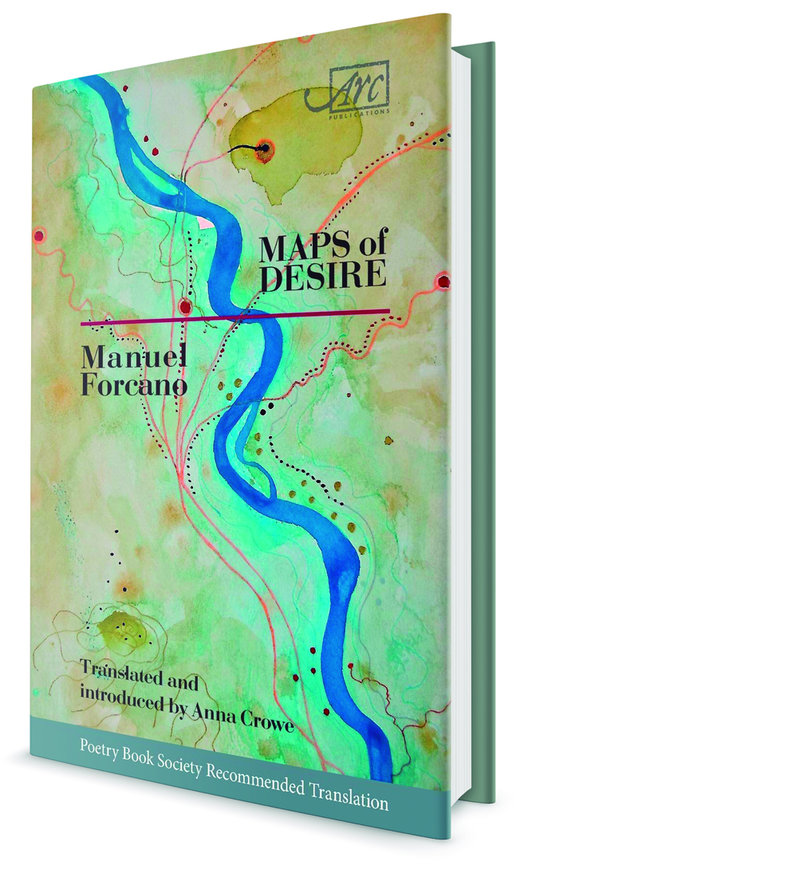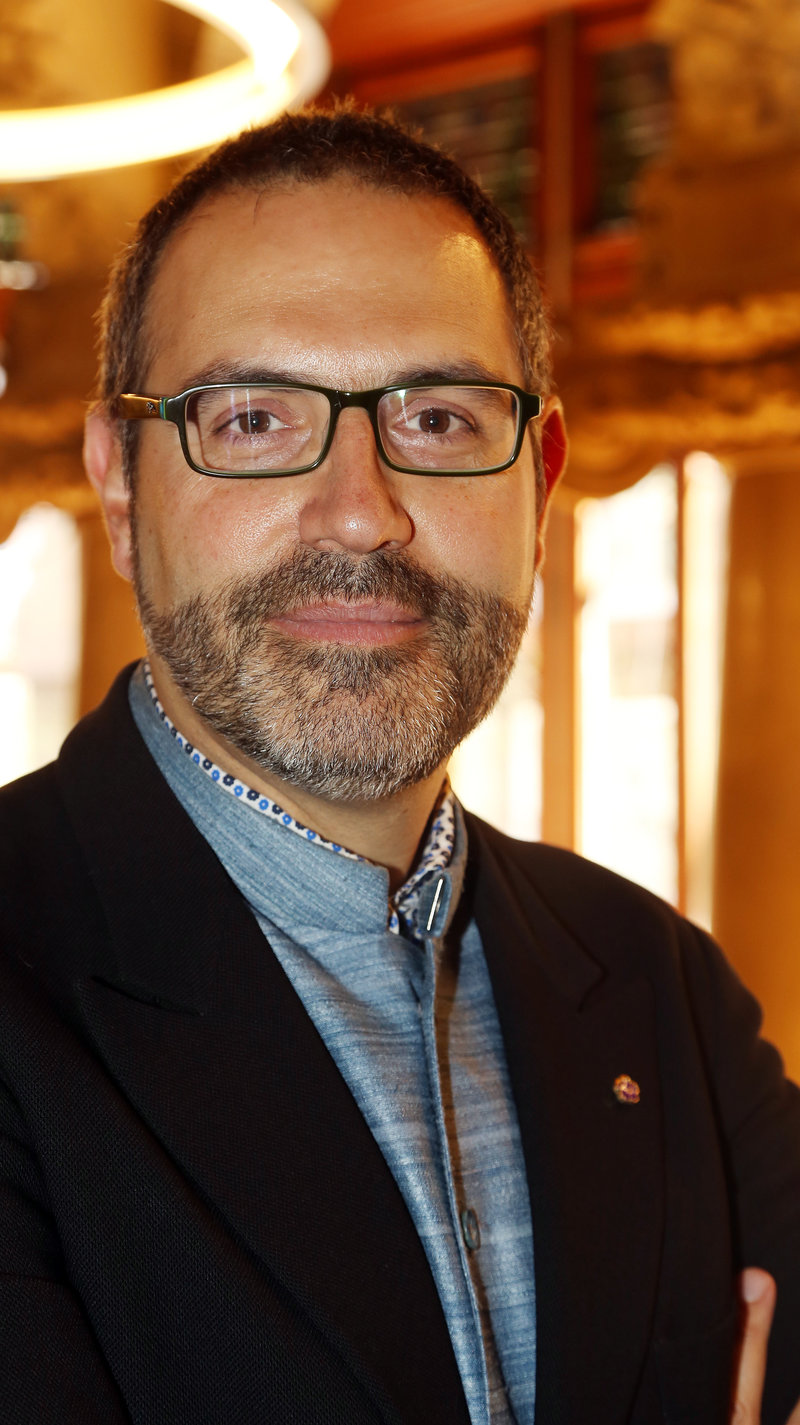How swift the blaze
This is an impressive selection from four of Forcano’s poetry books, evoking memory and desire, love and loss
In the 400-line The Baghdad Train that opens Maps of Desire, the poet rides from Aleppo through the desert. In third class, the seats are iron, carriages have no doors, toilets are rusted and no glass covers the windows. “The wind roaring in... lashed us with sand” (p.23). The passengers stand and sweat silently, eyes shut.
In the carriage at night, the poet has sex with a stranger:
What little space for lips
among the kisses. How swift
the blaze. (p.33)
Forcano is remembering desire, the impulse, the sexual pleasure that sadly lasts moments only or at most one night. It slips away, but then can be long remembered.
All I have left of you now is images.
Images of pleasure. (p.99)
At the end of The Baghdad Train, the poet comes up from the Barcelona metro. On the trip home to Vallcarca through the underground tunnels, he was reliving the days-long journey across the desert that the reader has been immersed in. Desire is in this book’s title and is its theme, sexual desire, but also for travel and other worlds, especially the Arab world: the slow, hot train recalled under wintry Barcelona.
In one poem he tells us:
How useless languages are:
Desire knows how to say it all.(p.65)
Of course the poet, the man of words, does not believe this conceit, but at the time, in the moment of desire: “We didn’t speak the same language” (p.65). Hands and eyes expressed all that needed to be expressed.
These are very visual poems, full of palm trees, sand and bright sun, the lust for water in the desert. Over and beyond these expected, yet beautifully written, images, the poems are enriched by mundane detail: the scent of red dates, socks sold from the bonnet of a car, “nights with the mattress on the terrace” (p.89).
One of the pleasures of a dual-language edition is to weigh the translator’s words and think of alternatives: it’s a good way to read more deeply the original poem. There is no single, correct translation. Anna Crowe’s rises to meet the sensuality of Forcano’s imagery.
As well as lyrical, Forcano is playful and erudite, with frequent references to events in history. This underlines the passage of time and, thus, the importance of living fully the present moment. Yet the present always slips away. What remains is memory of the past. And this, poignantly, escapes too:
Lots of things about you
and about us together
have faded: the days go by
like hands which have ceased their
caressing. (p.71)
book review
A man of many careers
Curiously, I heard of Manuel Forcano as a historian a few weeks before discovering he was a well-known poet. Researching the Disputations between Jews and Christians in mediaeval Catalonia, I was referred to Forcano’s 2014 book, Els jueus catalans. It transpires he is an expert on the history of Catalan Jews before the expulsion.
This is just one of several careers that Forcano (born 1968) has already packed into his life. With a PhD in Semitic languages, he studied and travelled in Egypt, Israel and Syria. He taught Hebrew, Arabic and Aramaic at the University of Barcelona from 1996 to 2004. He has translated from Hebrew and Arabic to Catalan several poets, novelists and travel writers. Travel is a passion.
He has had another career in Arts administration, becoming Director of the Institut Ramon Llull from 2016 to 2018. In 2002, he won the Tívoli prize for best European poet under 36, which brought him international recognition and translations. He has received, too, several Catalan prizes, such as the Carles Riba and the Crítica Serra d’Or. He has had eight poetry books published.




